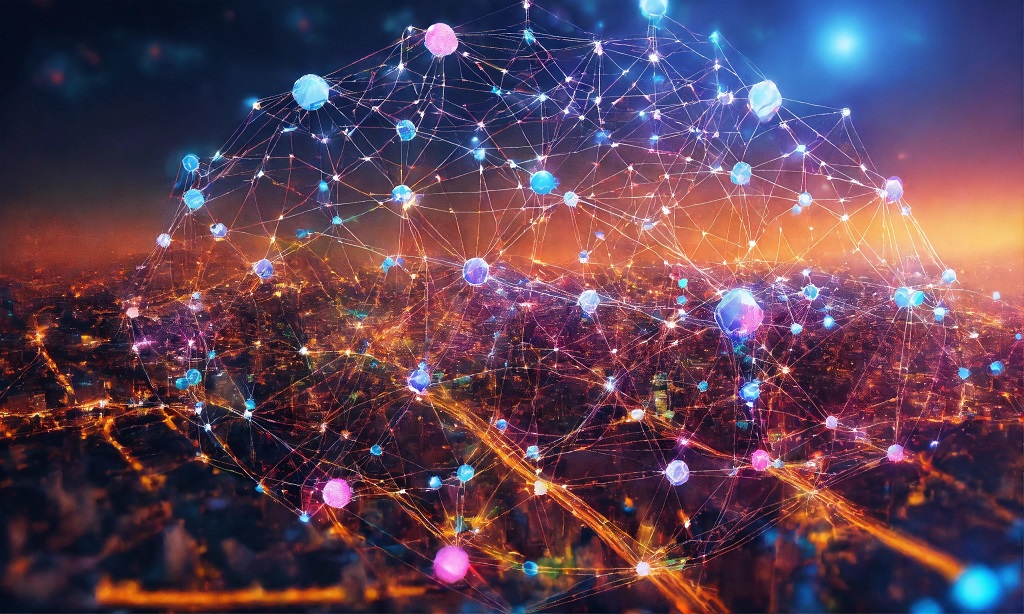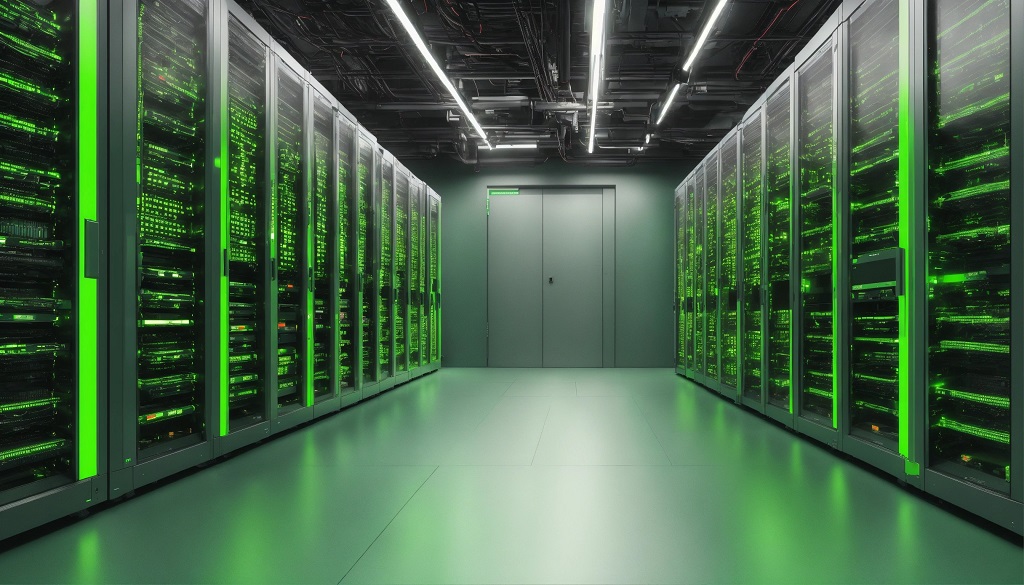- trending-title
- What Is Blockchain Technology and How Does It Work?
- 7011214217
Machine learning is a subset of artificial intelligence that focuses on developing algorithms and statistical models to enable computer systems to learn and make predictions or decisions without being explicitly programmed. It involves training a machine learning model using large amounts of data, allowing the model to identify patterns, relationships, and trends within the data and make informed predictions or take actions based on new input.
At its core, machine learning relies on algorithms that can automatically learn from and make predictions or decisions based on data. These algorithms are designed to iteratively improve their performance as they are exposed to more data, enabling them to continuously learn and adapt to new situations. This ability to learn from data and make accurate predictions or decisions makes machine learning a powerful tool in various fields, from healthcare and finance to marketing and entertainment.
Machine learning has revolutionized many aspects of our daily lives, from voice assistants and recommendation systems to personalized medicine and autonomous vehicles. As technology continues to advance and the amount of available data grows exponentially, the applications of machine learning are expanding rapidly, shaping the future of industries and transforming the way we interact with technology.
Machine learning has emerged as a powerful tool in various fields, revolutionizing the way we live, work, and interact with technology. From personalized recommendations to fraud detection, machine learning algorithms are transforming our daily lives in numerous ways. In this blog, we will explore the top 10 applications of machine learning that have become an integral part of our daily lives.
Virtual Personal Assistants: Virtual personal assistants, such as Apple's Siri, Google Assistant, and Amazon's Alexa, have become ubiquitous. These intelligent assistants use machine learning algorithms to understand and respond to our voice commands, perform tasks like setting reminders, playing music, answering questions, and even controlling smart home devices.
Social Media and Content Recommendation: Social media platforms like Facebook, Instagram, and YouTube leverage machine learning to analyze user preferences and behavior. By employing recommendation algorithms, they provide personalized content, including news, posts, videos, and advertisements, tailored to individual interests, enhancing the user experience.
Online Shopping and E-commerce: Machine learning algorithms power the recommendation systems of online shopping platforms like Amazon and Netflix. By analyzing user purchase history, browsing behavior, and preferences, these systems suggest products and services, leading to a personalized shopping experience and increased customer satisfaction.
Fraud Detection: Machine learning plays a vital role in detecting and preventing fraudulent activities in banking, finance, and online transactions. By analyzing patterns, historical data, and user behavior, machine learning algorithms can identify suspicious transactions and flag them for further investigation, enhancing security and protecting users' financial assets.
Healthcare: Machine learning has significant applications in healthcare, ranging from diagnostics to personalized medicine. Machine learning algorithms can analyze vast amounts of patient data, including medical records, genetic information, and clinical research, to assist in disease diagnosis, predict treatment outcomes, and even discover potential new drugs.
Autonomous Vehicles: The development of self-driving cars is made possible by machine learning algorithms. These algorithms analyze real-time data from sensors, cameras, and radar systems to recognize objects, detect obstacles, and make informed decisions, ensuring safe and efficient transportation.
Natural Language Processing: Machine learning techniques are used in natural language processing (NLP) applications like voice recognition, language translation, and sentiment analysis. Voice assistants, language translation apps, and chatbots utilize machine learning algorithms to understand and respond to human language, making communication more seamless and efficient.
Predictive Maintenance: Machine learning algorithms can analyze sensor data and historical maintenance records to predict equipment failures and schedule maintenance activities proactively. This approach reduces downtime, optimizes maintenance costs, and enhances operational efficiency in industries such as manufacturing, energy, and transportation.
Personalized Medicine: Machine learning algorithms are employed to develop personalized treatment plans and predict patient outcomes. By analyzing patient-specific data, including genetic information, medical history, and lifestyle factors, machine learning can assist healthcare professionals in making more accurate diagnoses, selecting appropriate treatments, and improving patient care.
Smart Home Automation: Machine learning algorithms are at the core of smart home automation systems. These systems analyze user behavior, preferences, and environmental data to automate tasks like adjusting room temperature, controlling lighting, managing energy consumption, and even ordering groceries, making our homes more convenient and efficient.
In conclusion, machine learning has become a transformative force in the real world, with applications spanning across industries and domains. From healthcare and finance to retail and transportation, machine learning algorithms are revolutionizing the way we live, work, and interact with technology.
The ability of machine learning models to analyze vast amounts of data, identify patterns, and make predictions or decisions has led to remarkable advancements. It has enabled personalized healthcare, improved fraud detection, enhanced customer experiences, optimized logistics and supply chains, and much more.
As technology continues to evolve and the availability of data grows, the applications of machine learning will continue to expand. We can anticipate further breakthroughs in fields such as personalized medicine, autonomous vehicles, energy optimization, and cybersecurity.
Machine learning has the potential to revolutionize our daily lives even further, making processes more efficient, providing personalized experiences, and solving complex problems. Its impact will continue to shape the future, creating new opportunities and driving innovation across industries.
In summary, machine learning is not just a buzzword but a powerful tool that is already making a significant impact on various aspects of our daily lives, and its potential for further growth and advancement is truly exciting.

The healthcare enterprise is undergoing a big transformation...
View Details
In the dynamic landscape of information technology, networking...
View Details
To comprehend the future, we must first grasp the present....
View Details

Cloud computing architecture serves as the blueprint for the...
View Details
In the dynamic landscape of cloud computing, the choice of...
View Details